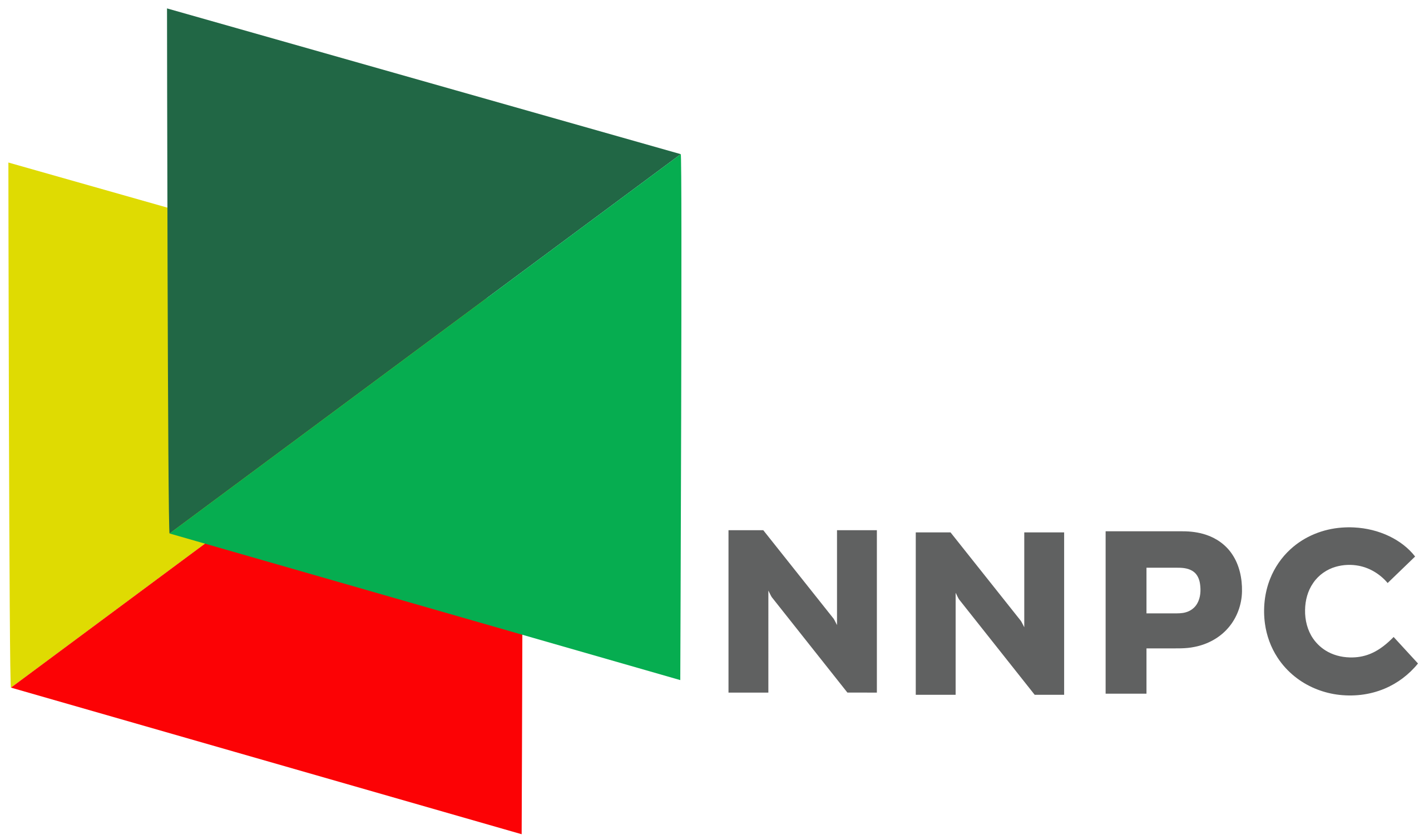The Nigerian National Petroleum Company Limited is once again under public scrutiny after the Office of the Auditor-General for the Federation uncovered 28 major financial irregularities running into more than N61bn when converted from multiple currencies. The findings, detailed in the Auditor-General’s 2022 Annual Report on Non-Compliance (Volume II), point to widespread breaches across NNPCL and its subsidiaries during the 2021 financial year.
The report, transmitted to the National Assembly and obtained by our correspondent, exposes a troubling pattern of undocumented payments, regulatory violations, questionable procurements, tax breaches, and unaccounted expenditures. The scale of the discrepancies suggests deep-rooted weaknesses in the company’s governance structure.
The London Office: £14.3m Spent With No Records
One of the most alarming discoveries is the absence of documentation for £14,322,426.59 spent by NNPCL’s London Office. The funds covered personnel costs, fixed contract obligations, and other operational expenses. Yet auditors said the corporation failed to provide a single document to verify utilisation, raising doubts about how the money actually moved.
Financial Regulations mandate strict documentation for all public expenditures. Every voucher must include full particulars, dates, quantities, and evidence such as invoices and purchase orders. The London operation provided nothing.
The Auditor-General warned that this breach reveals “serious weaknesses in internal control,” exposing public resources to diversion and misappropriation.
NNPCL management responded by claiming the London Office operates with an approved budget and that full records exist. However, it argued that the audit query lacked specificity. The Auditor-General dismissed this defence as inadequate and insisted that accountability must follow.
Irregular Payments Across Currencies
The London case is only one part of a broader pattern. Auditors flagged €5.17m paid to a contractor without evidence of engagement. They also uncovered $51.67m tied to questionable or unsupported transactions, including:
-
$22.84m in unsubstantiated Direct Sales Direct Payment settlements.
-
$12.44m for delayed generator procurement at the Mosimi depot.
-
$1.8m paid under an irregular bunkering vessel contract extension.
-
$2m disbursed without invoices.
-
Over $1m paid to a company without power of attorney.
These cases reveal an alarming disregard for due process in dollar- and euro-denominated transactions.
N30bn in Domestic Irregularities
On the naira side, auditors identified N30.1bn in infractions that include payments made without approvals, budgets executed outside authorised limits, and multiple procurement violations.
NNPCL failed to remit N12.72bn to its General Reserve Fund, defying mandatory financial obligations. Other flagged domestic transactions include:
-
N3.44bn released by the CFO without approval.
-
N2.37bn paid to staff as irregular status-car cash benefits.
-
N1.21bn paid to contractors without any interim certificates.
-
N474m moved through unauthorised virement.
-
N355m wasted on demurrage for abandoned refinery cargoes.
-
N292m sunk into an abandoned hospital project.
Even smaller expenditures, such as N82.6m in undocumented reimbursables and N152m in questionable police procurement, illustrate an institution where compliance appears optional.
Cost Inflation Through Vessel Substitution
A major procurement violation involved an unauthorised substitution of vessels under a time-charter agreement. The initial contract approved MT Breeze Stavanger at $19,532 per day. Six months later, the contractor replaced it with MT Alizea at $21,643 per day without following the contract conditions.
Auditors found that this unlawful substitution continued for 30 months, generating an inflated cost of $1.93m. Under the original contract, the substitution should have occurred at the contractor’s expense, not NNPCL’s. Instead, public funds absorbed the inflated charges.
A Procurement Culture Gone Rogue
Beyond the vessel case, auditors flagged:
-
$8.2m spent on “emergency procurement” without justification.
-
$156,000 paid to a consultant with no evidence of engagement.
-
Serial renewal of consultancy contracts without competitive bidding.
-
Payments to the wrong company for alleged “legacy debt.”
These findings point to procurement systems that appear deliberately designed to evade scrutiny.
Civil Society Groups React
Anti-corruption groups argue that none of this comes as a surprise.
The Centre for Anti-Corruption and Open Leadership described NNPCL as an institution historically shielded by a powerful network of political and bureaucratic interests. Its Executive Director, Debo Adeniran, said the corporation remains “one of the strongest cabals in Nigeria.”
He noted that even the Petroleum Industry Act, created to drive openness, has failed to break the opacity surrounding the company’s operations.
Similarly, the Civil Society Legislative Advocacy Centre criticised NNPCL’s lack of accountability and urged the President, National Assembly, and security agencies to confront the entrenched interests that enable corruption in the oil sector.
The Weight of Leadership Responsibility
The audit covers the operational period under Mele Kyari’s leadership as Group Chief Executive Officer. Kyari, removed earlier this year and replaced by Bayo Ojulari, had long faced criticism over the opacity of NNPCL’s finances. This audit now reinforces concerns that the corporation under his watch continued long-standing patterns of financial mismanagement.
A Test of Nigeria’s Commitment to Accountability
The Auditor-General’s office recommended the recovery of all unsupported payments, remittance of all withheld statutory surpluses, and sanctions against officers responsible. It stated plainly that officers who refuse to provide documentation should refund the sums directly.
The report arrives at a critical moment. Nigeria is trying to reposition its national oil company as a competitive, commercially driven entity under the Petroleum Industry Act. Instead, the audit shows that deep operational dysfunction remains unaddressed.
The findings challenge the government to decide whether it has the will to confront an institution long protected from serious scrutiny. What happens next will determine whether NNPCL continues operating as a fortress of opacity or begins a long-overdue transition into a transparent, accountable corporation.







Comment
No comments found.